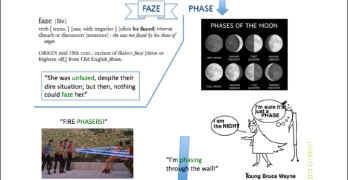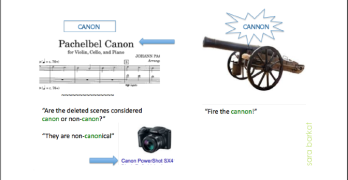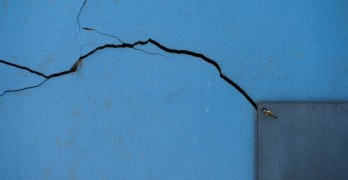What makes a plot worthy of writing? Get past societal assumptions about stories, and write a great plot without conflict.
Can a Machine Write Better Than You?—5 Best (And Worst) AI Poem Generators
Ever wanted AI to write a poem for you? Well, you’re in luck—here are 5 best AI poem generators around, featuring Hades and Persephone.
What to Eat With Dracula: Paprika Hendl
Chicken paprikash is a traditional Hungarian, Bulgarian, Czechoslovakian, and Romanian dish. It’s the perfect dish to cozy up to Dracula with!
Brianna: Short Story + Fairy Tale Poetry Prompt
Brianna is an enchanting science fiction story that re-imagines the classic Sleeping Beauty tale. Come try your hand at re-imagining a fairy tale in poetry!
The Mannequin—Short Story + Erasure Poetry Prompt
A shiver-worthy story about a woman who trusts her heart to Society’s solution. The perfect beginning for an erasure poetry prompt!
How to Do Literary Analysis: An Experimental Reflection Based on The Yellow Wall-Paper
How do you do literary analysis? You might begin by treating it as a conversation between you, the reader, and the writer’s words. After all, the story wants to be heard. Let’s start with The Yellow-Wallpaper.
The Yellow Wallpaper Film: Interview with Kevin Pontuti & Alexandra Loreth
Illustrator Sara Barkat interviews the creative forces behind a new film version of Charlotte Perkins Gilman’s The Yellow Wall-Paper.
Literary Analysis: The Yellow Wall-Paper Affects Us All
The Yellow Wall-Paper may seem like a simple story on the surface, but it’s actually quite complex. This analysis of the classic 1892 story by Charlotte Perkins Gilman probes that complexity in fascinating ways.
Un-writing the Fairytale, Disney’s Beauty and the Beast 2017: The Feminist Implications of Failed Deconstruction and the Lack of Fairytale Logic
The reviews of Disney’s live action Beauty and the Beast 2017 never did end up raving. Here’s a suggestion as to why a movie (and story) with such potential fell short. Writers, take note.
Questions & Curiosity: Why This Aphorism?
Take a saying that’s become cliché, and give it a new life when you question and then write a poem!
Questions & Curiosity: Wonder Plant Prompt
Join us this week to wonder about a common plant you may have passed by. Find your questions, then your answers, and then—your poem!
The Art of the Handwritten Letter: A (Typed) Letter on Handwriting
Sara Barkat writes about the power of handwriting, where paper and ink let a single word grow to fill a line, or fold itself up small.
Facing Ordeals, Learning Personal Qualities: How Odysseus’s Adventures Served Him Well
Through a series of adventures, Odysseus experiences an inner journey that teaches him prudence. By the end, peace brings his journey full circle.
Culture and Society in The Odyssey
The culture and society that infuses Homer’s The Odyssey is similar to and different from modern Western culture and society. Here’s a clear analysis of how, with intriguing examples.
A Way With Words: Faze and Phase
In today’s A Way With Words, Sara Barkat teaches (and amuses) us with the difference between the homophones faze and phase.
A Way With Words: Canon and Cannon
In today’s A Way With Words, Sara Barkat amuses us with the difference between the homophones canon and cannon.
The Windhover, by Hopkins: Sound, Image, Meaning
What does The Windhover, by Gerard Manley Hopkins, mean? Closer to myth than allegory, the possibilities are layered.
Why Does Hamlet Wait to Kill the King?
Did William Shakespeare make a bad plot choice in Hamlet? Why does Hamlet wait to kill the king? To answer the question, one must understand the play’s nature.
Order and Disorder in Macbeth
In this classic Shakespeare play, if no one knew what the Macbeths had done, all they need do is look to the air, the earth, animals, sleep, and dreams. Check out this intriguing analysis of order and disorder in Macbeth.
Was Hamlet Sane or Insane?
Figuring sanity or insanity isn’t simple from the outside. Was Hamlet insane? That depends on your definition of insanity and the importance of love ties.



















